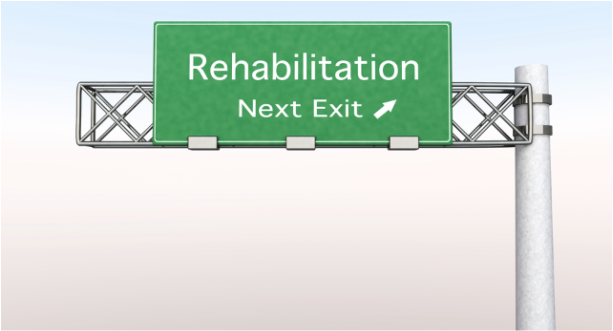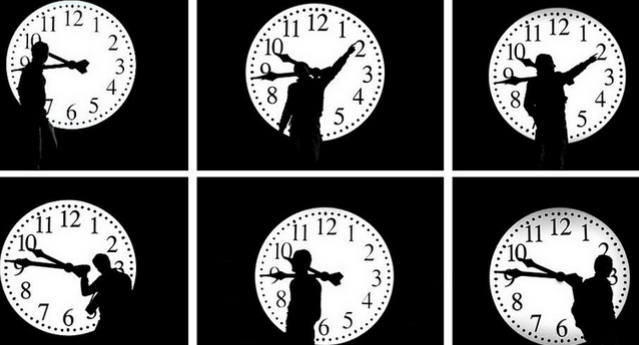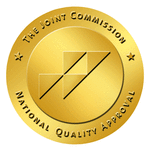Happy, sad, grumpy, excited, nervous, giddy – these are all things we feel at one time or another and none of them are forever. Despite the fact that emotions are transitory, we have this sense that they are permanent conditions and we end up spending a lot of time in variations on a negative, either:
- Feeling like we are stuck and that we won’t be able to ever get out of what we are currently feeling.
- Being upset because we can’t make a positive emotion last forever.
The first becomes a self-fulfilling prophecy, the second is about accepting what is, being fully present in the moment and just being able to do that can help us feel a lot happier more often.
So, what can you do to address your emotional state in addiction recovery? What can you control? And how do you start to feel better? We review here, then we invite your questions about emotional issues in recovery at the end.
Cleaning Up The View
This is a version of a story I heard some years ago in a yoga class: an old man was living in a retirement home and was deeply unhappy. He felt that everything wonderful in the world, everything he loved doing had been lost to him because he was now infirm and spent all of his time alone in his room. He called his grandson to tell him how unhappy he was and ask that he be moved to a place that had more of those things that would make him happy.
His grandson came to visit and see what he could do to help his grandfather. When he arrived he found many people gathered together in the common room singing, playing cards and chatting. He saw that there were lovely courtyards and gardens surrounding the building with people enjoying the park like setting.
He went to his grandfather’s room and found him sitting alone, with the curtains drawn and dusty light filtering in. His grandfather said, “Look around here, it is terrible, dark, dingy and I am shut in here all alone all day”. His grandson went to the window and opened the curtains, he found an old towel and wiped the dust from the windowpanes and opened them to the garden outside. All of a sudden the room was filled with light, bird song and laughter from the people gathered on the lawn.
He wheeled his grandfather into the common room where he was welcomed. By the end of the day the grandfather was smiling and he thanked his grandson for the gift of the day. His grandson said,“It isn’t only today, these things are here everyday, you just have to open yourself to them”.
The moral, my yoga teacher said before ending the class was this: before you change what you are looking at, check what you are looking through.
Changing How We View The WorldThat lesson has stuck with me for a long time, and though it isn’t always easy to remember when you are deep into whatever you are feeling it certainly helps when you do think about it. When we are working to overcome an addiction, we all have a tendency to pronounce the status of the world based on how we feel, and to miss out on great moments because we know they won’t last and are afraid of losing them. But the truth is that no moment lasts forever and that by changing the experience of how we view the world we can also change the experience of how we are in the world.
An Exercise On Perspective
I like to give people this exercise to help with adjusting perceptions.
1. Record your emotional state hourly.
Beginning at 9 in the morning and ending at 8 that night, every hour on the hour stop what you are doing and write down what you are feeling. In between don’t think about how you feel, just go about the business of the day.
2. Review your entries.
The next day look back at your list and the twelve entries you made. Probably there are a few repeats, but probably they also change throughout the day.
3. Put it all into context.
Happiness may not last, but that does not mean it’s never coming back. Sadness, anger and fear also don’t last, especially if we realize that they don’t have to. What is true right now is only true for right now, and we always have a choice about what part of our experience we choose to engage with. Before we rush to change what ever it is that we think we are looking at we need to take the time to check what it is that we are looking through!











 RSS Feed
RSS Feed
